'I Am Not Your Negro' producers: documentary 'not just about the black experience in the U.S.'2/28/2017 Hébert Peck and Rémi Grellety reflect on international relevance of Oscar-nominated film, react to internet trolling campaign: 'it means the film is already having an impact' Barring any further revelations from PricewaterhouseCoopers, O.J.: Made in America did indeed win the Oscar for best documentary feature. I Am Not Your Negro therefore came up short in the voting, but that doesn't mean the film isn't on an extraordinary run. As we reported yesterday, Raoul Peck's documentary retains the number one spot among nonfiction films at the box office, with total earnings so far of more than $4.5 mil. Ezra Edelman's O.J. Simpson documentary did not have a significant theatrical release -- it was produced by ESPN and aired on the cable network -- so comparisons are difficult, but IANYN is the most lucrative of the five Oscar-nominated docs, in terms of box office returns in North America. I think it's about the experience of "the other." It's about the experience of finding out how you fit in society. Dollar totals alone, of course, cannot measure the impact of a documentary like I Am Not Your Negro. Some sense of its emotional and intellectual force comes from the almost universal praise the film has received from critics, and from the audience awards it received at the Toronto International Film Festival last September and, earlier this month, at the Berlin Film Festival. "It's been quite rewarding for a film that's been 10 years in the making. At some point we knew we had something. But we weren't sure until the audience got to see it and what their reaction was going to be. And the reaction has really been incredible, in the U.S. as well as overseas now," producer Hébert Peck, Raoul's brother, said at a Q&A following a screening of the film as part of the IDA's DocuDay in Beverly Hills. It was our honor to moderate the discussion on the eve of the Academy Awards, a conversation that included fellow producer Rémi Grellety (Raoul Peck was busy preparing for the Independent Spirit Awards later in the day). Hébert shed light on the collaborative process between the producers and director. "We were working on several continents at the same time. Rémi is based in Paris and Raoul is based in Paris or sometimes he's in Haiti or in the U.S. I'm in the U.S. So there was a lot of coordinations of efforts so we can actually speak at the same time," Peck said. The film is composed entirely of James Baldwin's words, some of them coming from an unpublished manuscript by the late author -- a book he planned to call "Remember This House" about his reflections on three friends who were assassinated in the 1960s: Martin Luther King Jr., Malcolm X and Medgar Evers. I asked Hébert and Rémi what Baldwin's work means to them. I came into contact with Baldwin's work in college. I wish I had been in contact with Baldwin probably earlier. I think that would have been quite helpful in terms of my development, my understanding of the world and the experiences I was having. That would have provided a lot more context. I kind of first encountered Baldwin through his fiction pieces and especially Giovanni's Room as a teenager. I have to say that was quite a shock and it still is a book that I try to read at least once a year. And each time it's as if it were the first time. In Berlin, IANYN screened five different times, all of them sold out. At the film's Berlinale premiere at the Kino International cinema I asked Raoul Peck about unveiling his documentary to a European audience. "The film was not just made for the American pubic. I think Europe and the rest of the world is having similar problems. They just have another color, another nationality, but this is what we are experiencing throughout the world," Peck said. "You just need to see the refugee problem and you can understand that the words of Baldwin are very important today for everybody." Hébert Peck echoed those sentiments at Saturday's Q&A. "I Am Not Your Negro is not just about the black experience in the U.S. I think it's about the experience of 'the other.' It's about the experience of finding out how you fit in society," Hébert Peck said. "One of the things Baldwin did very well was to make us confront ourselves, make us look at ourselves. He puts the charge back on us to make the changes that need to be made. He never felt that he was a victim and he would never accept to be a victim. Once you have that mindset then you look at the world very differently and you don't let people define you. And so in terms of what's going on in Europe -- Brexit, to possibly what's going to happen in France and what's happening in the U.S., it's quite a shock and frightening. But at the same time we kind of saw it coming in very slow motion and it's strange that we feel surprised now." At Saturday's screening, one attendee asked the producers why the film had not been named "I Am Not Your N****r." "Up until the very end the title we were going to use [was 'Remember This House']," Hébert revealed. "But as we were sharing the film with different folks to give us feedback Raoul always had to explain what that title meant and all the connotations in terms of the Bible. He had up to 30 or 40 different titles. One of them was 'I Am Not Your N****r.' But at the end of the day I Am Not Your Negro sounded more appropriate in terms of making the film accessible but not asking for permission either. So that was the balance that came out." The film has been the target of an alleged "vote brigading" campaign, as I wrote in a piece for NBCNews.com. The phenomenon first identified by Wired magazine involves flooding the internet with negative reviews for a film or other artistic work. Websites like IMDB.com, metacritic.com and rottentomatoes.com publish totals for user reviews, so a tide of "thumbs down" can make anything look like a dud.
Within hours of IANYN's debut in theaters on February third hundreds of "users" had driven the film's scores down. In the case of IMDB, users initially gave it less than a 5 out of 10 rating, vastly lower than its 98-percent approval rating among movie critics at major media outlets. While there is nothing that mandates ordinary viewers agree with critics, the timing and volume of the negative user reviews suggests it was an orchestrated campaign, as first reported by the PBS Newshour website. Grellety addressed that controversy at Saturday's Q&A. "It was a bit unsettling," he acknowledged. "At the same time those kind of things, when they happen, you can say it's bad but it means that the film is already having an impact." |
AuthorMatthew Carey is a documentary filmmaker and journalist. His work has appeared on Deadline.com, CNN, CNN.com, TheWrap.com, NBCNews.com and in Documentary magazine. |
- Home
- News
- Videos
-
Galleries
- 2019 Tribeca Film Festival
- Full Frame Documentary Film Festival
- 2019 SXSW Film Festival
- SXSW 2018 Gallery
- 2019 Sundance Film Festival
- Outfest 2018 Photo Gallery
- Outfest 2017
- Sundance 2018 Photos
- 2017 LA Film Festival
- 2017 Cannes Film Festival
- Tribeca Film Festival 2017
- SXSW 2017 Gallery
- 2017 Berlin Film Festival
- Sundance 2017 Gallery
- 2016 Los Angeles Film Festival
- Cannes Film Festival 2016
- SXSW 2016 Gallery
- Berlinale 2016 Gallery
- Sundance 2016 Gallery
- Filmmaker Gallery
- About
- Contact
Proudly powered by Weebly
- Home
- News
- Videos
-
Galleries
- 2019 Tribeca Film Festival
- Full Frame Documentary Film Festival
- 2019 SXSW Film Festival
- SXSW 2018 Gallery
- 2019 Sundance Film Festival
- Outfest 2018 Photo Gallery
- Outfest 2017
- Sundance 2018 Photos
- 2017 LA Film Festival
- 2017 Cannes Film Festival
- Tribeca Film Festival 2017
- SXSW 2017 Gallery
- 2017 Berlin Film Festival
- Sundance 2017 Gallery
- 2016 Los Angeles Film Festival
- Cannes Film Festival 2016
- SXSW 2016 Gallery
- Berlinale 2016 Gallery
- Sundance 2016 Gallery
- Filmmaker Gallery
- About
- Contact

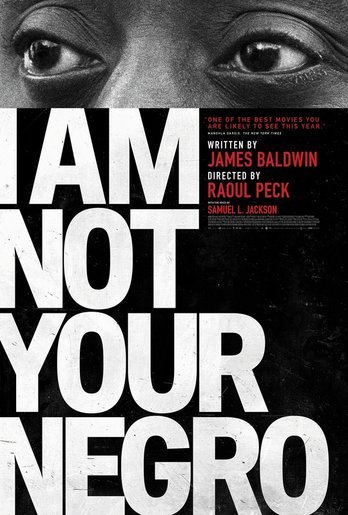
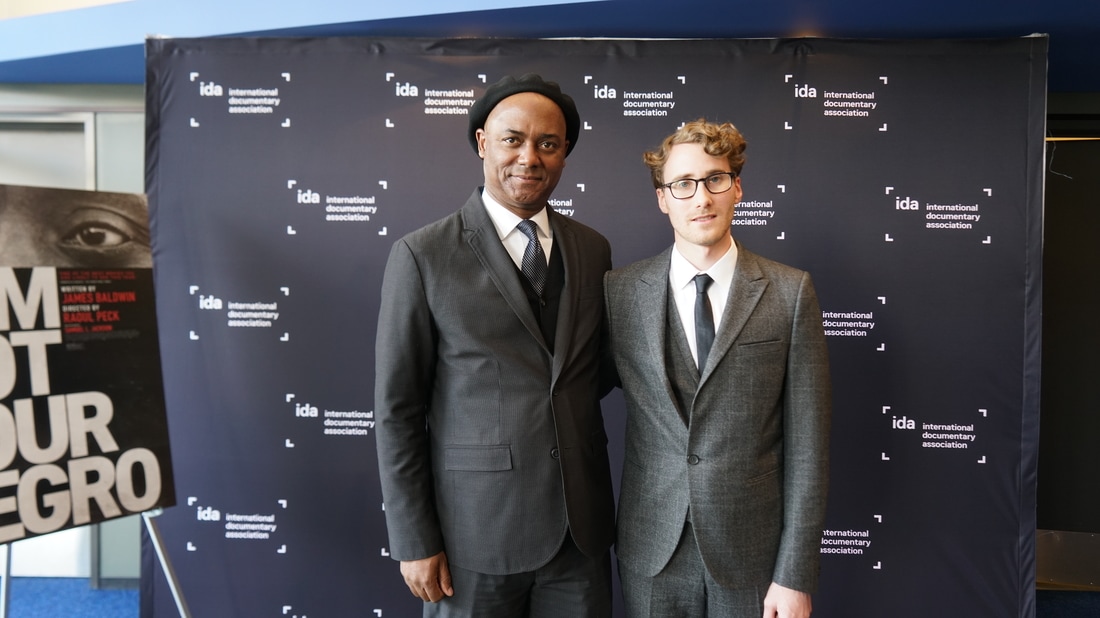
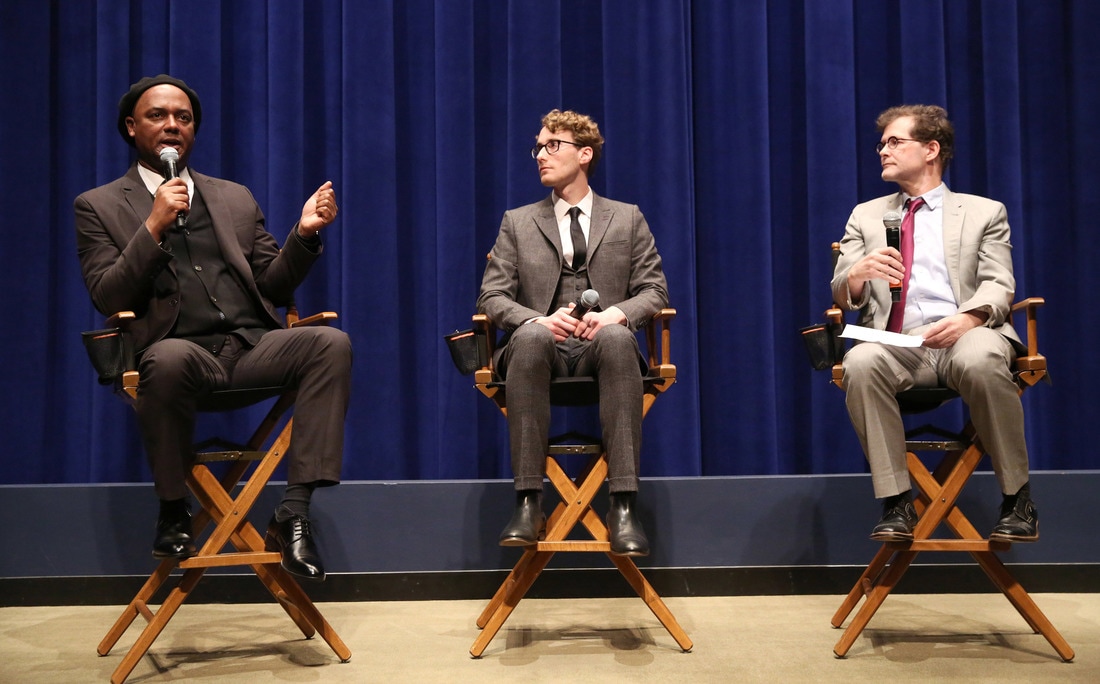
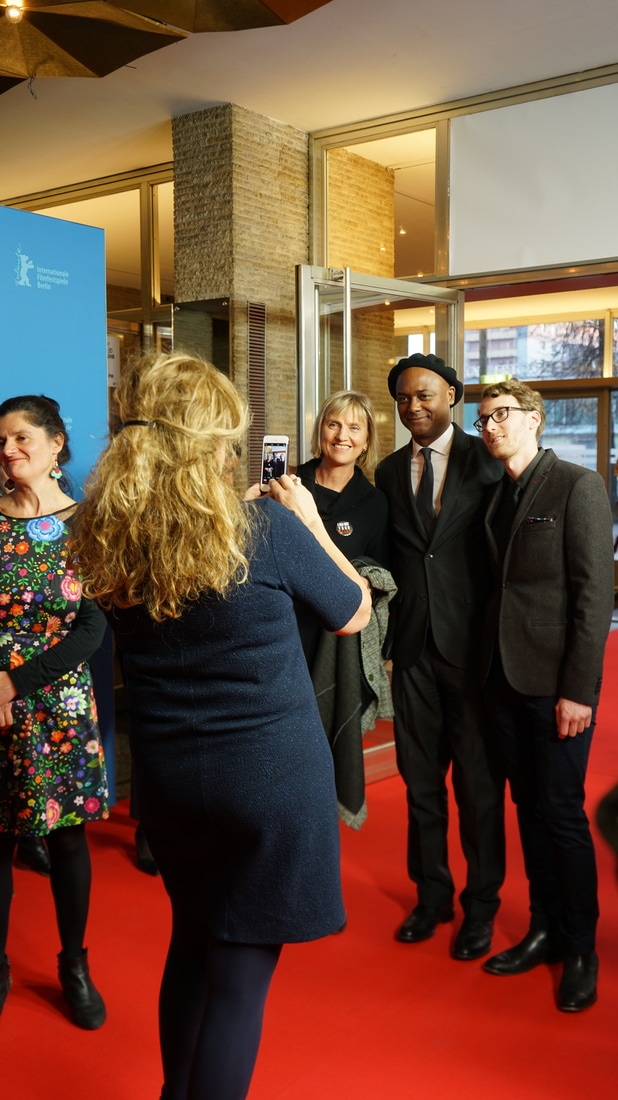
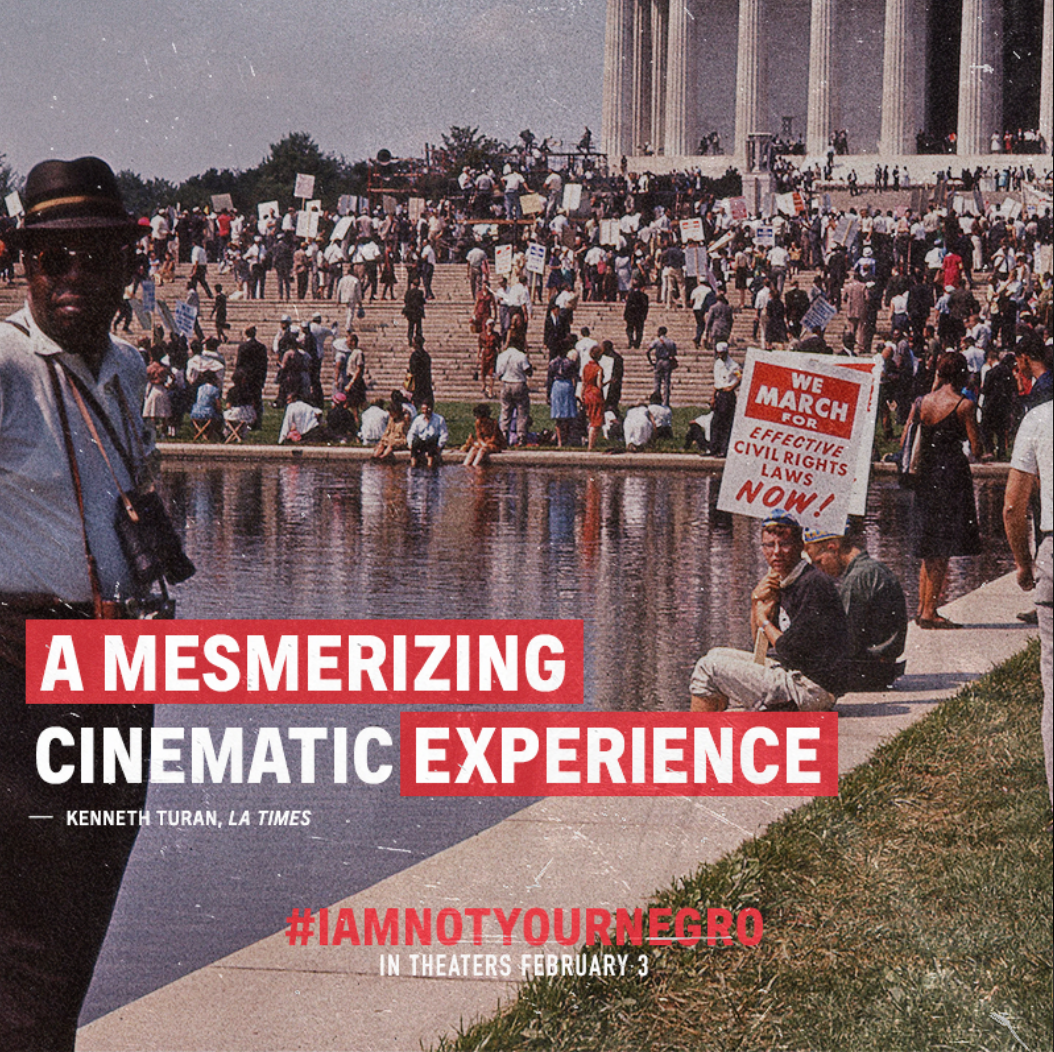
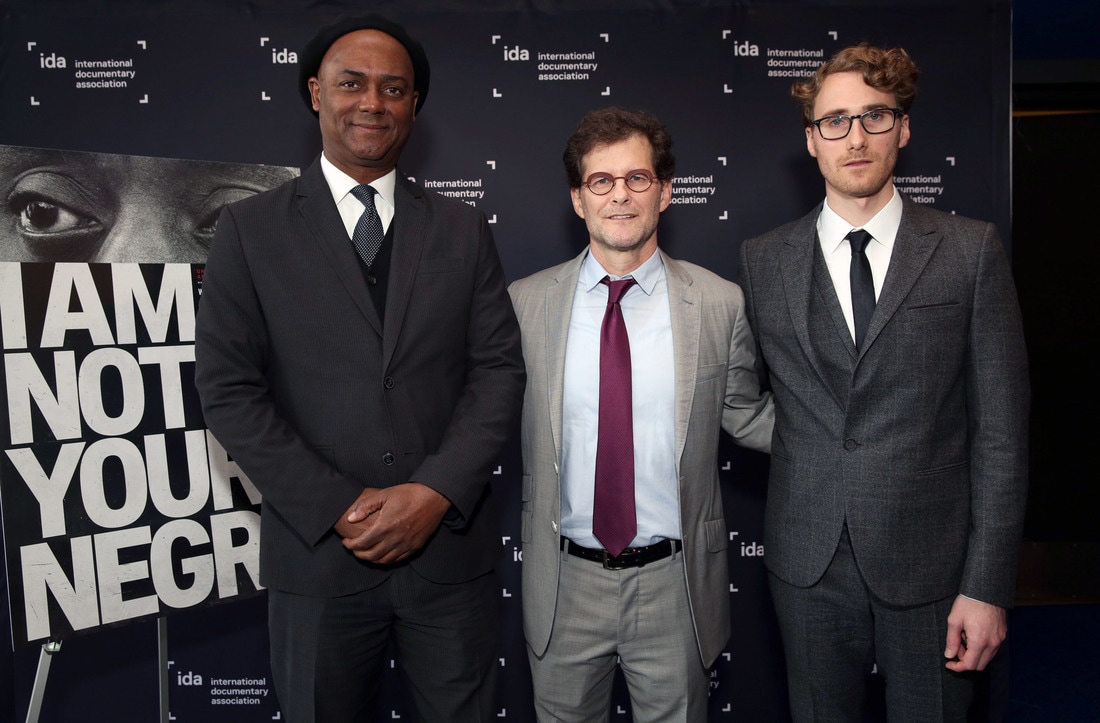
 RSS Feed
RSS Feed